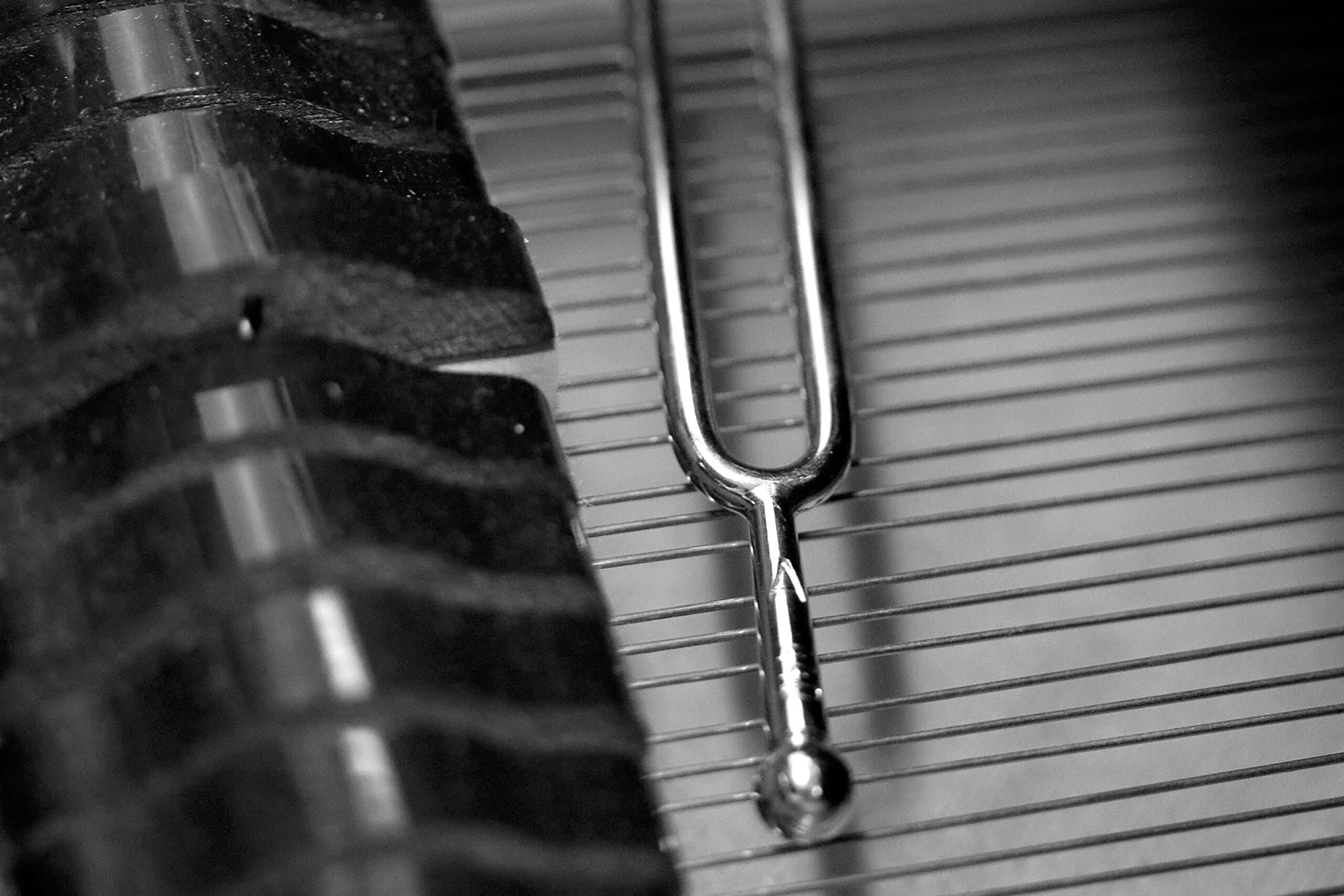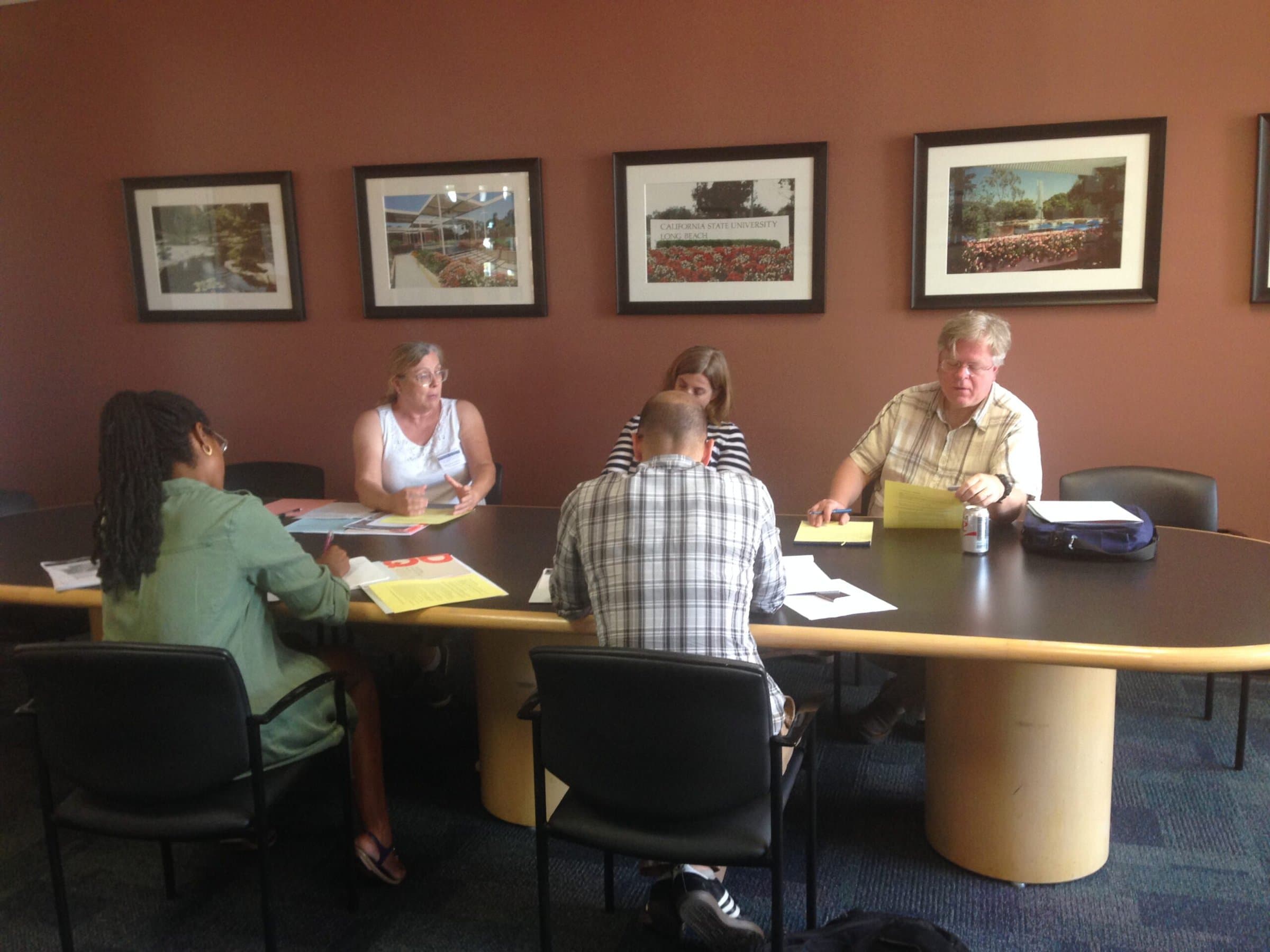What do students learn in history courses?
The AHA’s Tuning Project (2012-16) asked historians to clarify and demystify the core goals and the key skills pursued in our discipline. Working collaboratively across more than 150 two- and four-year colleges and universities in the United States, accomplished history faculty convened to answer a basic question: when students complete a program in history, what should they know, understand, and be able to do?
With funding from Lumina Foundation, we worked together to develop common language that communicates to a broad audience the significance and value of a history degree. Participants and the AHA wanted students to understand clearly what they take from their studies into employment, further education, and civic life.
History Discipline Core
This document represents the AHA Tuning Project's effort to describe the skills, knowledge, and habits of mind that students develop in history courses and degree programs. Because we believe that any discussion of teaching and learning history must be faculty-driven, we have used the expertise of history faculty from 100 different institutions to draft, debate, and revise our ideas. Grounded in the excellent work already done by the AHA and scholars of teaching and learning, we offer this document as a reference point to stimulate conversations within history departments and other relevant units of colleges and universities.
Tuning the History Discipline

The AHA’s Tuning Project
Tuning aims to equip students with clarity about the skills, understanding, and knowledge they will acquire in a given degree program. The AHA's Tuning project provided a collaborative forum and process for history faculty to articulate the core competencies of their discipline.

Tuning Participants
The AHA has hosted many events on the Tuning project over the past decade, with participants from all over the country.

Learning Outcomes in History: Further Reading
Check out articles, podcast episodes, and other media on the Tuning project and its impact.

Programs of Study
Tuning participants wrote descriptions of history degree programs across the country at different types of institutions. The profiles communicate the purpose and characteristics of each program, what students can expect to learn, and what careers graduates tend to pursue.
Support the AHA
The History Discipline Core and other Tuning resources are part of the AHA's ongoing efforts to advance undergraduate history education. Please join today to support this work and send a message about the value of historical thinking for 21st century students.